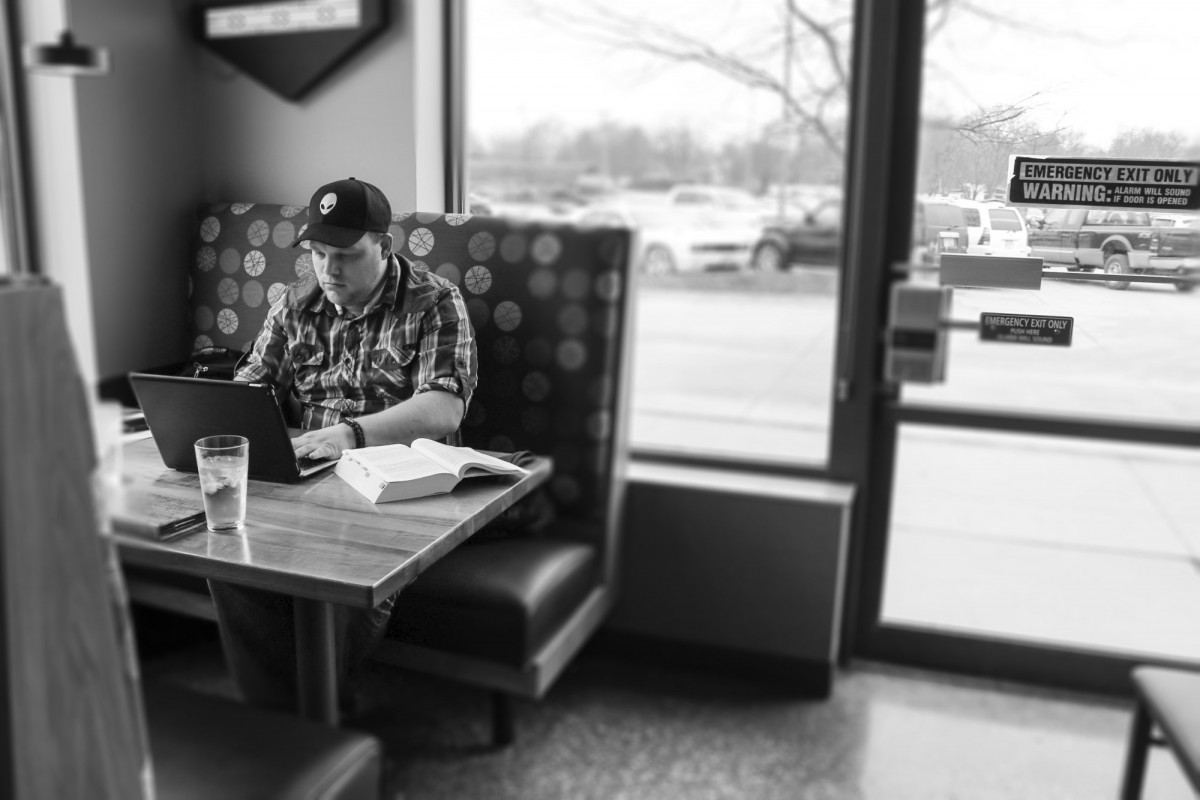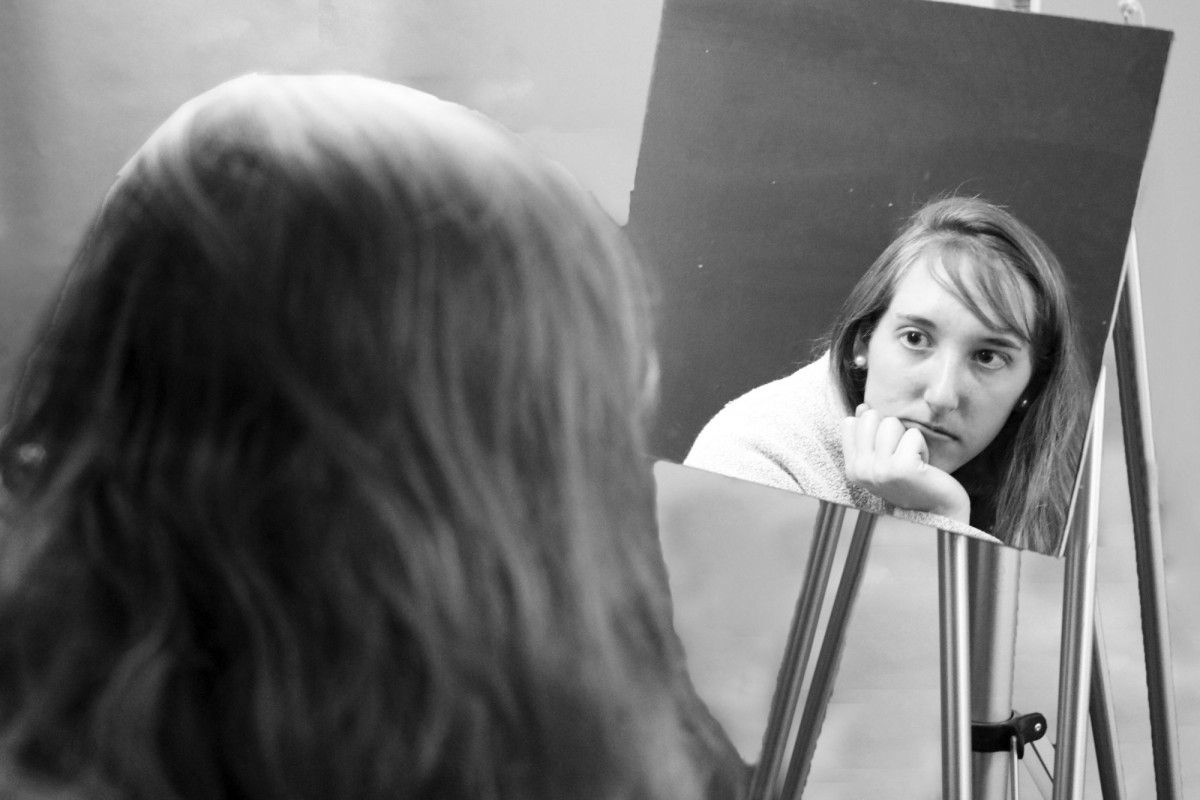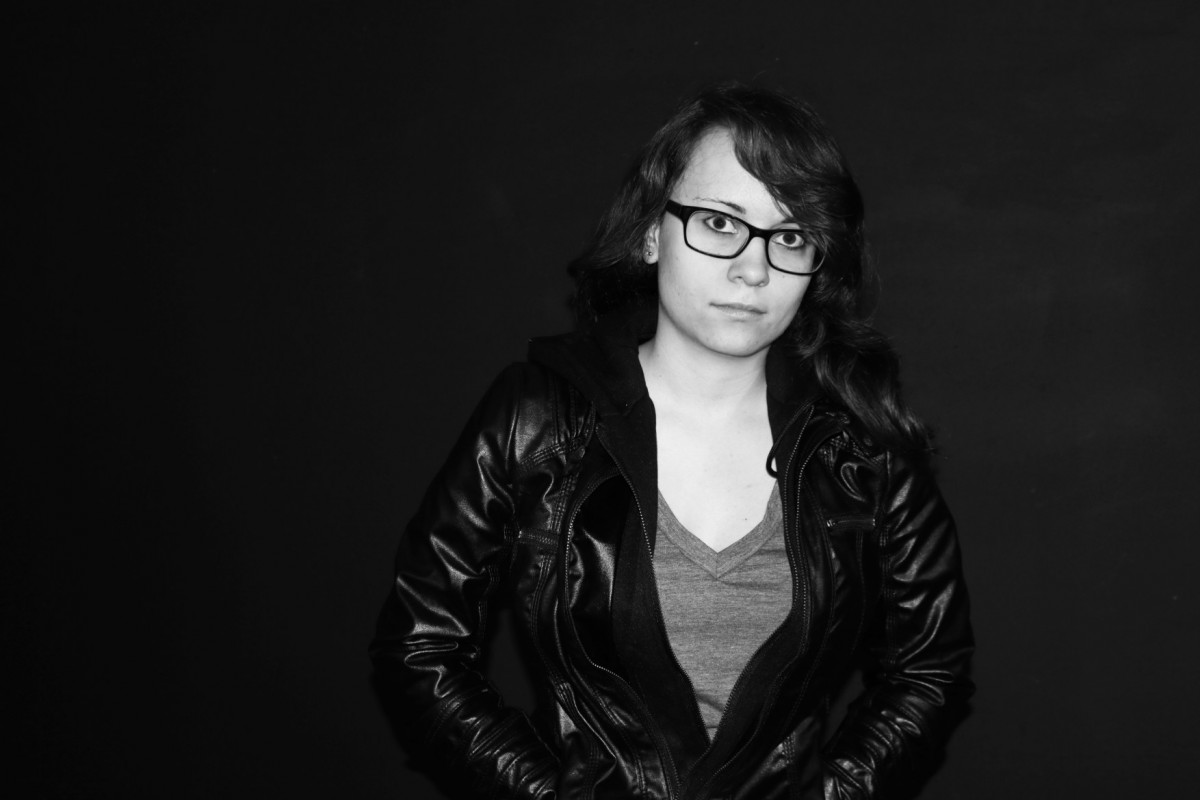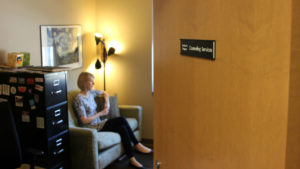A different kind of pain: Dealing with mental illness
May 30, 2017
INDIANOLA, Iowa — According to the National Alliance on Mental Health, one in five adults experiences mental illness in America.
There is a myriad of causes for changes in mental health.
It isn’t always easy to understand what a person is going through. ID Magazine spoke with students who battle with mental health and look to better understand what it feels like to face their illness challenges.
VIRGINIA ATWELL
Positive body image is something Virginia Atwell knows she is working on to accept herself.
Atwell was diagnosed in high school with depression and anxiety when she found out she had borderline personality disorder, an instability in moods, behavior, self-image, and functioning.
With her mental health, it is hard for Virginia to be in line with reality.
“It is like being outside my body almost, like not quite feeling all there. Like that feeling that you get used to driving to a place and check out while you are driving,” she said.
At first, life at college got harder without her parents around. Eventually, hobbies like jujitsu and writing along with medication helped her.
“I don’t think I will ever get to a point where I will eat an apple and not think about the number 90 in my head because it has 90 calories,” Atwell said.
Even on her down days, Atwell knows that self-care is important. She takes naps and showers to rinse the emotions away.
MATTHEW HAYNIE
If he’s not at home, you can find Matthew Haynie at Hy-Vee Market Grille at the same table, every time.
For the U.S. Army veteran, he is at the next place he feels the most comfortable. He is hyper-vigilant of his surroundings at Hy-Vee because of his post-traumatic stress disorder.
“I spent about six months at a couple of hospitals in Germany,” Haynie said. “Before they let me out, they told me I have PTSD. I guess I noticed it because of my hypervigilance.”
Haynie almost quit Simpson. He felt like he was being targeted because he is a conservative and others confronted him.
He stayed at Simpson because the counseling services offered helped him.
Haynie adores his three children, but it isn’t easy for him to always do fun things with them.
When he is in public, an extreme physical toll takes over. He tries his best to take his kids out to fun events because, without them, he doesn’t believe he would be here.
“My kids are what ground me,” Haynie said. “I know for a fact that without my kids I would be suicidal, without a doubt. I would not be here without them.” It’s hard to ignore the things he cares about, like when people discriminate against cops and soldiers.
He hopes Simpson can improve more than just be inclusive “to the minorities who scream acceptance.”
Haynie hopes people understand that all people should be treated equally and people with mental disabilities are hypersensitive to what people think of them.
MANDY BROWN
A person who loves to learn and care for others, it is not easy for Mandy Brown to keep up with societal standards and take care of yourself mentally.
Never been officially diagnosed, Brown said she lives with anxiety and depression.
She faces a lot of anxiety when she helps others with their problems and takes on that anxiety.
Brown identifies as a lesbian.
Questioning her sexuality started in high school, and she realized Simpson isn’t a diverse campus and feelings of isolation contributed to her mental health.
“It’s an isolating feeling that no one understands you,” Brown said. “And numbers are so important for feeling heard and feeling respected.”
College is an unusual place to experience mental illness, Brown reflected.
She knows her mental health worsens when she gets minimal sleep. She feels exhausted and her “outlook on life is not golden and shiny.”
“I still have to get here [to class], still need to feed myself and do all this stuff today, and there is no one to blame it on if I don’t do it,” she said. “There is no one to make me do these things. It’s weird to have those set of expectations and know that you can’t fulfill them in this current time but still have to do it in college.”
Taking care of her own mental health wasn’t always easy.
She felt like a burden to others. With the help of her mentors from therapy, college and high school, she now knows that no one is a burden.
“I’m not trying to account for voices with more difficult experiences, but I think it’s important to talk about it,” Brown said. “I think a lot of people with depression and anxiety feel like they will never be functional or they can’t handle themselves, and I think it is a scary thing to be afraid of themselves.”
“It feels like breathlessness,” she added. “Sometimes it feels like you can’t shut yourself off. I can’t sleep because my thoughts are on a loop but not necessarily on repeat. I just can’t stop thinking to shut myself down to sleep. It feels like someone took out the off button.”
EMILY ORTIZ
Tension. Adrenaline. Exhaustion. Emily Ortiz believes what was once being diagnosed as a panic disorder is no more and now fits the criteria of depression.
Her depression gave her difficulties in college, such as the transition back from her study abroad semester and the latter months.
Sometimes the days were unbearable and tiring.
“It is sort of like complete and utter exhaustion and not being able to see anything in the future,” Ortiz said. “There isn’t anything really to look forward to, it’s just getting through the day.”
A feeling she couldn’t get rid of, Ortiz felt vulnerable. She felt used by people she cared about, a useless friend and complete failure and disappointment to everyone.
Deciding to get help wasn’t easy. Late in 2016, Emily decided enough is enough, helped herself and started taking antidepressants. With her mom and her friends by her side, she feels like a better friend.
“If you don’t help yourself now, how are you going to help yourself out later?” she said.
This story originally appeared in ID Magazine.











